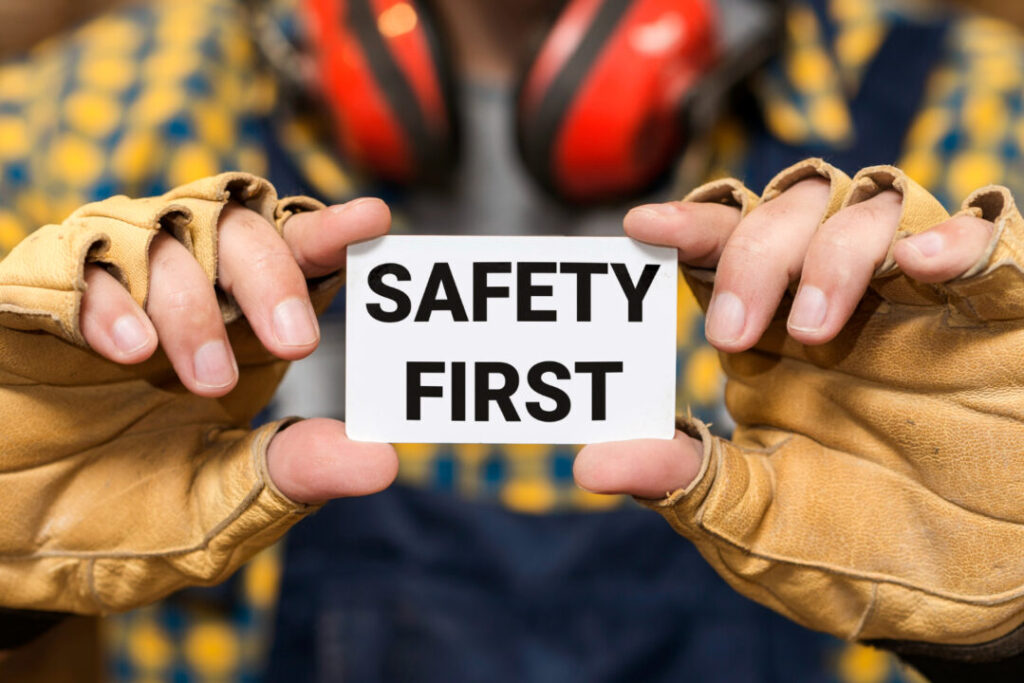What is a 501(c)(3) nonprofit organization?

In the United States, nonprofit organizations under the 501(c)(3) category are exempt from federal income tax and most state and local taxes. The Internal Revenue Service (IRS) grants this special status under the Internal Revenue Code (IRC) Section 501(c)(3) to organizations that are primarily established for charitable, educational, scientific, religious, or literary purposes.
These organizations do not distribute their earnings to owners or shareholders. The term “501(c)(3)” refers to the particular section of the tax code that regulates these entities.
Table of Contents
How to Quality for 501(c)(3)
To qualify for 501(c)(3) status, The organization must be operated and organized for one or more of the following purposes.
- Testing for public safety
- Religious
- Literary
- Educational
- Scientific
- Charitable
- Fostering Amateur Sports Competition
- Preventing Cruelty to Children or Animals
Religious:
This category includes organizations with a religious purpose, such as churches, mosques, synagogues, and temples. These entities engage in various activities related to worship, spiritual development, and promoting religious beliefs and practices.

For instance, they may offer regular services and ceremonies, provide educational programs, host community events, conduct outreach and charity work, and support various social causes.
Additionally, religious organizations often play a significant role in their communities’ cultural, historical, and architectural heritage, serving as essential landmarks and gathering places for believers and non-believers.
Charitable:
Charitable organizations are nonprofit entities established to promote the common good and help needy people. These organizations work tirelessly to serve humanity by providing various services that aim to improve the quality of life of individuals and communities.

Their primary focus is on providing humanitarian aid, poverty relief programs, healthcare services, disaster relief efforts, and other initiatives that contribute to the well-being of people.
Charitable organizations are funded by donations from individuals, corporations, and foundations, and they use these resources to support their programs and activities. Their work addresses social and economic inequalities and creates a more just and equitable society.
Scientific:
Scientific organizations are nonprofit entities established to promote scientific research, education, and dissemination of knowledge in various scientific fields. These organizations play an essential role in advancing scientific knowledge and promoting its practical applications for the betterment of society.
Through extensive research, these organizations generate new knowledge and insights into different scientific disciplines, which further help develop new technologies and improve existing ones.

Additionally, they provide a platform for scientists to collaborate and share their research findings, which helps improve the impact and quality of scientific research. Moreover, scientific organizations also play a crucial role in promoting public awareness and understanding of scientific principles, essential for informed decision-making and policy formulation.
Overall, these organizations serve as a critical catalyst for scientific progress and innovation and are instrumental in shaping the world we live in today.
Testing for Public Safety:
Organizations that perform testing for public safety play an important role in assuring the safety and reliability of products and services. They are responsible for assessing various items, including consumer goods and industrial products, to identify potential hazards and mitigate risks to the public.

The testing process involves a rigorous examination of products to verify their quality, durability, and compliance with safety standards.
These organizations may also provide certification and accreditation services to help manufacturers and producers meet regulatory requirements and gain consumer trust. By conducting testing and quality assurance, these organizations contribute to maintaining public safety and confidence in the products and services available in the market.
Literary:
Literary organizations play an instrumental role in promoting, preserving, and advancing literature, writing, and the arts. They serve as a hub for literary enthusiasts, scholars, writers, and the academic community, providing a wealth of resources, knowledge, and opportunities to foster creativity, critical thinking, and cultural expression.

These organizations include libraries, scholarly societies, and nonprofit organizations that support authors, poets, and other literary professionals. They offer various services, such as organizing literary events, book clubs, workshops, reading groups, and conferences that bring together literary enthusiasts from diverse backgrounds and interests.
Additionally, they provide funding and scholarships to support literary research, writing, and publishing. Through their efforts, academic organizations help to cultivate a vibrant and dynamic literary culture that enriches our society and inspires the next generation of writers and artists.
Educational:
Educational organizations provide structured and systematic learning opportunities to individuals of all ages. These institutions include schools, colleges, universities, libraries, museums, and other entities that offer formal or informal education.

The primary mission of educational organizations is to promote knowledge, skills, and values that empower individuals to thrive in their personal and professional lives.
These institutions offer various programs and courses catering to learners’ diverse needs and interests. Educational organizations also play a crucial role in advancing research, promoting innovation, and contributing to the development of society.
Fostering National or International Amateur Sports Competition:
This category of sports organizations plays a vital role in developing amateur sports competitions on both the national and international levels. They work tirelessly to organize and promote various athletic events, including tournaments, meets, and games, that allow amateur athletes to showcase their skills and abilities. By providing opportunities for competition, these organizations help to cultivate talent and inspire young athletes to pursue their passions.

Furthermore, these organizations are dedicated to promoting sportsmanship among all athletes, coaches, and spectators. They prioritize fair play, integrity, and respect for the game’s rules and seek to instill these values in all those participating in their events. Their efforts help create a positive and supportive atmosphere fostering amateur sports growth and development.
Preventing Cruelty to Children or Animals:
Many organizations are dedicated to preventing cruelty to children and animals. These groups work tirelessly to safeguard the well-being and safety of these vulnerable populations. They engage in various activities, including advocacy, rescue efforts, education, and support services.
Through their work, they strive to prevent harm and promote the humane treatment of children and animals. Advocacy efforts may include lobbying for stronger laws and regulations to protect children and animals, while rescue efforts may involve intervening in cases of abuse or neglect.
Education initiatives may focus on teaching people about responsible pet ownership or identifying signs of abuse in children. Meanwhile, support services may include providing counseling or other resources to victims of abuse or neglect. Overall, organizations focused on preventing cruelty to children and animals play a vital role in our society, ensuring that all individuals are treated with dignity and respect.






